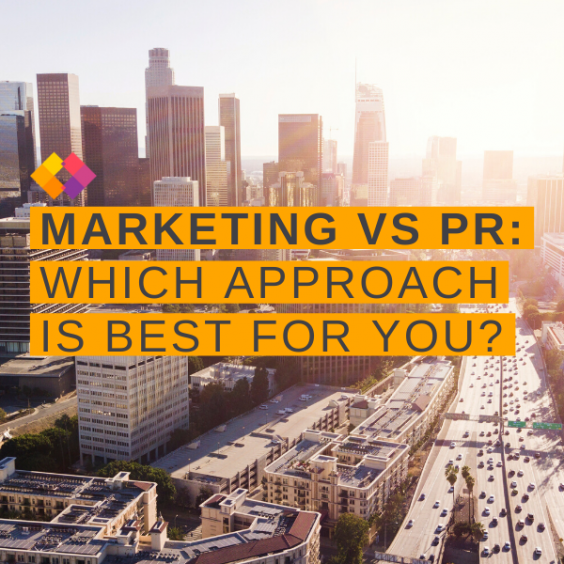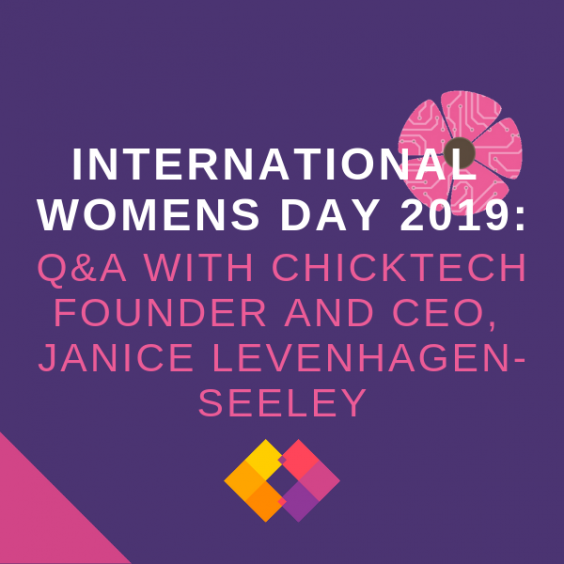Infosecurity Europe (or InfoSec as it is often called) hits Olympia London on 5-7 June. As the great and the good of Europe’s cyber security industry look to launch their latest products, we asked Michela Menting, Research Director at ABI Research about what’s hot at Infosec 2018 and her tips for making the most of working with analysts.
What are the key trends, topics or technologies for InfoSec 2018?
AI, ML & Automation will continue to be key themes. The innovators will be touting not just their application in threat detection, but also in response and remediation.
IoT security is increasingly part of many cybersecurity portfolios, as deployments grow across verticals and business sizes. As part of that, expect lifecycle device management platforms, anchored in secure hardware, to be at the forefront of the IoT security discourse.
And of course, solutions focusing on GDPR compliance. The regulation is now in effect in the EU, and many vendors will be keen to showcase how they can help organizations comply with the requirements.
What are key challenges visitors to InfoSec 2018 are likely to be facing?
A mature and highly competitive market will mean a crowded show floor. There will be a lot of very specific and focused solutions, and for SMBs, this can prove overwhelming. Visitors looking for a provider should go in with a clear idea of the type of issue they want to deal with internally, and a good understanding of their own risk posture. This will help them focus on those vendors that can fit their bill.
What advise would you give to exhibitors pitching for analyst meetings at the show?
Keep it short and sweet. Assume analysts know (or remember) nothing about the company, but do assume they know about the cybercrime landscape and the basic cybersecurity technologies. They all know about the Target breach. If exhibitors do want to make a point though on something that is common knowledge in the industry, pulling out some lesser-known fact might be interesting. But assume analysts will be already familiar with it. They are there to learn about the company more than the landscape.
What types of information should you include in your briefing?
Basic company info: who the founders/investors are, how long have you been operating, what is your flagship and what are you showcasing today, is your product commercially viable (or still in beta), what is your target market, what is your sale strategy (pricing information is always welcome) what does your product roadmap look like, who are your partners and plans going forward.
Anything to avoid when dealing with analysts for shows like InfoSec 2018?
Try to avoid talking about other analyst firms. If some of their stats are included in the PPT or briefing, that’s ok. But talking about being named by another firm for best product or winning some kind of award is not really of interest. Also, try to keep the marketing terminology to a minimum. Analysts appreciate a more general and objective overview of the product, with a minimum amount of fluff.
How does InfoSec differ from RSA?
InfoSec is well-tuned to European drivers, trends and demands. Privacy and data protection are highly prized topics, and there is generally more relevant information about policy and legislation in Europe. While HIPPA and SOX compliance are of course of interest, it’s good to see a conference with European interests at the core.
Any other InfoSec advice?
There are a lot of interesting talks and keynotes as well as small demos at vendor booths that visitors should try to attend. It’s a good idea to mix up booth visits with some of the presentations and panels as they generally host some highly knowledgeable experts that are there to impart knowledge and insights.
Michela Menting, Research Director at ABI Research, delivers analyses and forecasts focusing on digital security. Through this service, she studies the latest solutions in cybersecurity technologies, IoT and critical infrastructure protection, risk management and strategies, and opportunities for growth. She then delivers end-to-end security research, from the silicon to cyber-based applications, closely analysing technology trends and industry-specific implementations. For more information on ABI Research visit: https://www.abiresearch.com




